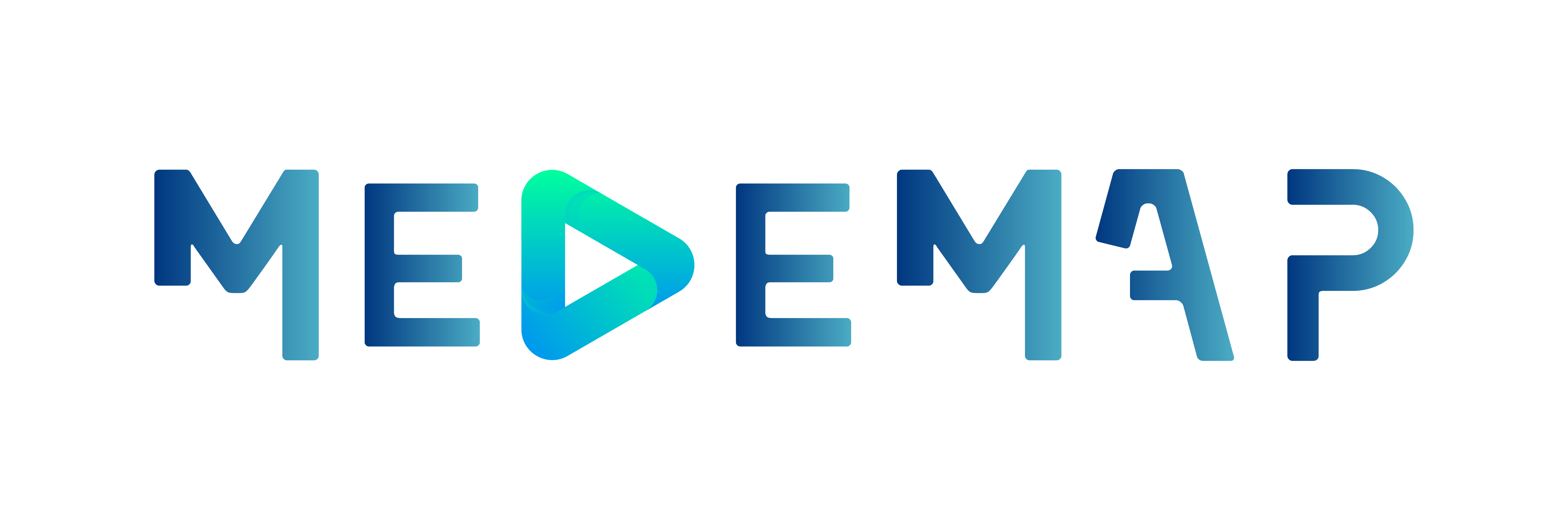
Font: Freepik
“Independent media services play a unique role in the internal market. They represent a fast-changing and economically important sector and at the same time provide access to a plurality of views and reliable sources of information to citizens and businesses alike, thereby fulfilling the general interest function of ‘public watchdog’.”
These words introduce the proposal for the European Media Freedom Act that aims to establish a common framework for media services in the internal market. They clearly emphasize the importance of internal markets in an increasingly globalized media landscape.
Undoubtedly, any public communication, whether through traditional or social media, not only affects both the people’s perception of the magnitude, the meaning, and the possible impact of events and issues but, in a democratic society, it also shapes political processes and the spectrum of possible political responses to these events and issues. This is why trust in the media and trust in politics are closely linked – and ultimately affect trust in democracy.
Building on these reflections and in collaboration with ten European partners with different expertise, experiences, and organisational cultures, the Horizon Europe project “Mapping Media for Future Democracies” (MeDeMAP) will study all actors and factors involved in shaping the political information environment of EU member states: the variety and characteristics of media services and media service providers, the audiences or better: the “people formerly known as the audience” (Jay Rosen) and their preferences, expectations, and behaviors, as well as the political and legal conditions under which media service providers and journalists operate, and people use media. The findings will be used to create a multi-layer map of European political information environments, highlighting good practice examples and providing a transparent basis for guidelines for all stakeholders.
However, MeDeMAP will go one step further and, with the involvement of European citizens, investigate how the media could or should be reshaped to serve the public interest and what conditions should be created in the media sector so that people are addressed in such a way that they are willing to participate actively in public debate and decision-making. This vision understands participation in a way that connects people to a pluralistic society, which features diverse populations that hold different points of view and, therefore, combines the right of the majority to rule with the limitation of this right, based on guarantees of inalienable fundamental rights for minorities and individuals. People who feel part of and have a say in such a society will develop respect for the rule of law and trust in democracy. I can’t think of a more inspiring reason for research.
Josef Seethaler
